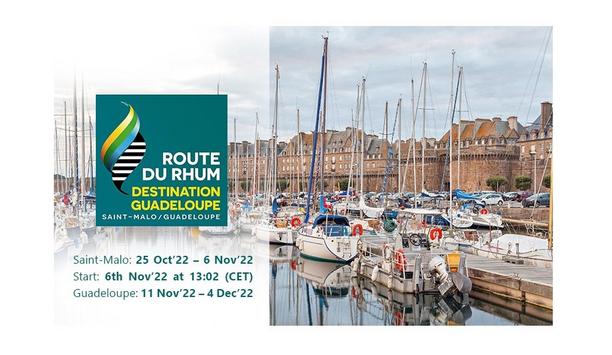Almost 600 workers at the Port of Liverpool are on their third walkout in a row over pay and Mersey Maritime CEO Chris Shirling-Rooke fears the dispute will drive away shipping lines. Tony McDonough reports.
Big shipping lines could leave the Port of Liverpool for good if the current pay dispute is not resolved quickly. That is the warning from Chris Shirling-Rooke, chief executive of industry body Mersey Maritime, who fears long-term danger not just to the port itself but the wider Liverpool city region supply chain.
Big shipping lines
“This untenable situation doesn’t just have an effect on the operations of the port itself, and the incredible work its employees do, but the many thousands of workers, their families, and hundreds of businesses in the supply chain in the North West,” he said.
The third walkout by more than 600 workers at the port, scheduled to last a week, started on Monday
The third walkout by more than 600 workers at the port, scheduled to last a week, started on Monday. Workers at the port first walked out for two weeks on September 19 and this was followed by a second one-week strike which ended on October 17. Talks to resolve the dispute last Friday evening were needed in confusion and a war of words. Port owner Peel Ports claimed that workers had rejected what they claim is an 11% pay offer. However, Unite the union insists workers were set to accept a deal proposed by port management but that it was pulled at the last minute by Peel Ports’ board.
Fastest-growing maritime
Unite general secretary Sharon Graham said: “The Unite team negotiated in good faith with Peel Ports. But the talks ended in farce, with the deal agreed between Unite and senior management being pulled by the board.”
However, Peel Ports Chief Operating Officer David Huck, said: “It’s hugely disappointing that Unite has staged yet another outdated show-of-hands mass meeting which has, very predictably, failed to support our improved 11% pay offer.” Mr Shirling-Rooke said that as a senior representative of the industry in the North West he wanted to ‘update and contextualise’ the impact on the ‘wider regional maritime family and very real impact on all of our lives’.”
Vitally important commitments
Our industry generates more than £5bn for the local economy every year and supports almost 50,000 jobs"
He explained: “This (the dispute) has led workers to go on strike at personal loss to themselves, leaving the port unable to deliver on its vitally important commitments to the supply chain. This is a supply chain that keeps us fed, fuelled and supplied. Don’t forget 95% of all of the UK’s supplies come by sea, not aeroplane or lorry. I’m not sure we really realise just how close we are to setting our region back decades from where it currently is.”
“We the fastest-growing maritime region in the UK, with all the incredible benefits of growth and jobs that it brings. Our industry generates more than £5bn for the local economy every year and supports almost 50,000 jobs.”
Individual workforces financially
“Mersey Maritime members are calling me daily, having to keep their factories closed because they can’t get the goods to manufacture, having to keep their idle lorries off the road, shipping lines unable to dock their ships, and every one of them still supporting their individual workforces financially.”
Shipping lines are actively looking to permanently move their calls away from the port"
“This situation can’t continue indefinitely. Shipping lines are actively looking to permanently move their calls away from the port. And freight forwarders are now considering redundancies, manufacturers are looking at new facilities in the south. We must find a solution.” Mr Shirling-Rooke described the North West maritime sector as being ‘a family linked by a common bond.’
Most valuable assets
He added: “The family is hurting. Just a fact of this desperately sad situation, a situation that’s incredibly damaging to all sides, especially given the challenges, and opportunities, we all face together ahead. Our most valuable assets are our people. Once we lose them from our industry they tend to be lost to us forever.”
“So as the representative body of this most precious of families, we implore all sides to find a solution. We realise how hard it is and far easier said than done but the impact of not finding a resolution will be incalculable to our region and our country.”












